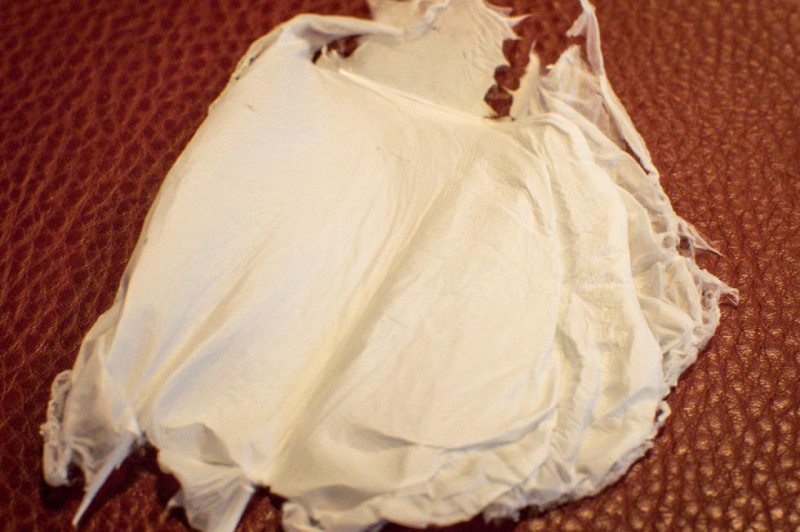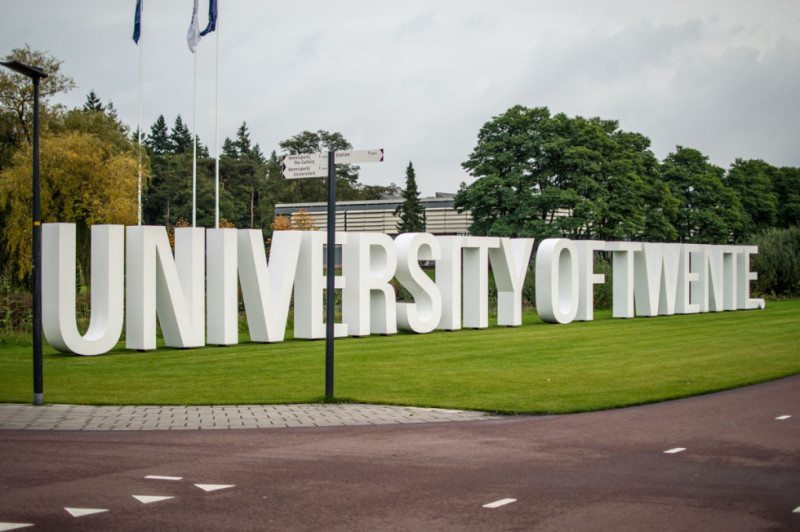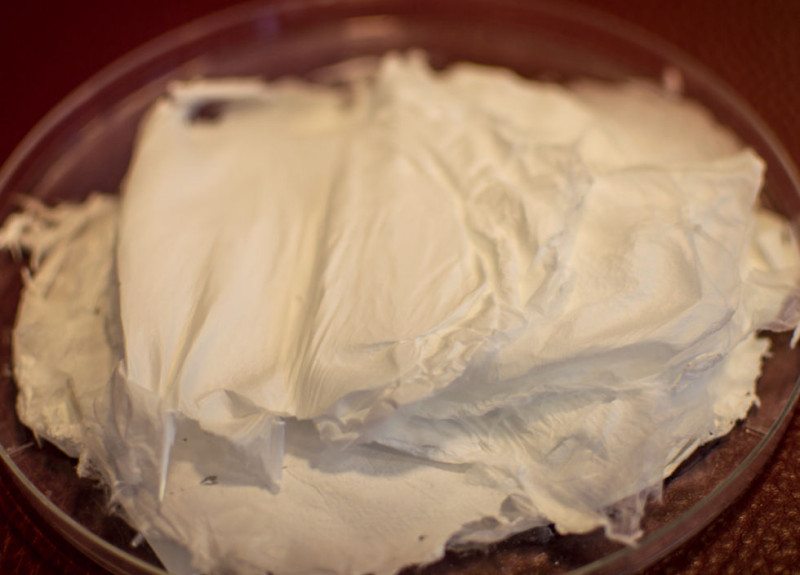Dutch Researchers Develop Flexible Ceramic for Circuit Boards
Ashley Allen / 9 years ago

A Dutch startup from the University of Twente has developed a flexible ceramic material that it intends to use to create the next generation of circuit boards. Eurekite – founded by two if the university’s students and their academic supervisor – is calling its new tissue-like material Flexiramics, which is fireproof and non-conducting.

“The discovery of flexiramics came as a surprise,” Eurekite CEO Gerard Cadafalch Gazquez told Ars Technica. “It happens sometimes that you discover something you’re not looking for. I took [the samples] out after an experiment and saw it was a flexible material, so my first reaction was—okay, it didn’t work. But soon after I realised it didn’t burn.”
Even when exposed to temperatures of up to 1,200oC for 24 hours, Flexiramics does not melt or burn. That, combined with it being lightweight, flexible, and non-conductive, makes the material perfect for creating a new breed of printed circuit boards (PCBs), and will cost around the same as current PCB builds to manufacture (around €1 per 10x10cm).

While similar materials exist, a patent for Flexiramics has been filed by Eurekite, and its uniqueness is marked by how thin it can be manufactured.
“We are capable of varying the thicknesses of our material,” Gazquez said. “We go from a few micrometers to over a millimetre.”



















